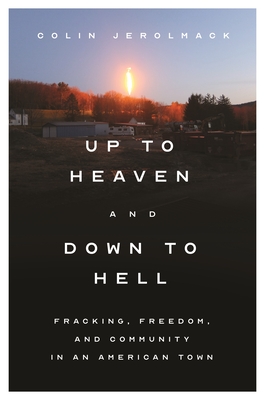Expedite your nonfiction book discovery process with Readara interviews, summaries and recommendations, Broaden your knowledge and gain insights from leading experts and scholars
In-depth, hour-long interviews with notable nonfiction authors, Gain new perspectives and ideas from the writer’s expertise and research, Valuable resource for readers and researchers
Optimize your book discovery process, Four-to eight-page summaries prepared by subject matter experts, Quickly review the book’s central messages and range of content
Books are handpicked covering a wide range of important categories and topics, Selected authors are subject experts, field professionals, or distinguished academics
Our editorial team includes books offering insights, unique views and researched-narratives in categories, Trade shows and book fairs, Book signings and in person author talks,Webinars and online events
Connect with editors and designers,Discover PR & marketing services providers, Source printers and related service providers

Up to Heaven and Down to Hell: Fracking, Freedom, and Community in an American Town
Social Science > Sociology - Rural
- Princeton University Press
- Hardcover
- 9780691179032
- -
- -
- Social Science > Sociology - Rural
- (Single Author) Asian American
- English
Readara.com
Book Description
A riveting portrait of a rural Pennsylvania town at the center of the fracking controversy
Shale gas extraction--commonly known as fracking--is often portrayed as an energy revolution that will transform the American economy and geopolitics. But in greater Williamsport, Pennsylvania, fracking is personal. Up to Heaven and Down to Hell is a vivid and sometimes heartbreaking account of what happens when one of the most momentous decisions about the well-being of our communities and our planet--whether or not to extract shale gas and oil from the very land beneath our feet--is largely a private choice that millions of ordinary people make without the public's consent.
The United States is the only country in the world where property rights commonly extend up to heaven and down to hell, which means that landowners have the exclusive right to lease their subsurface mineral estates to petroleum companies. Colin Jerolmack spent eight months living with rural communities outside of Williamsport as they confronted the tension between property rights and the commonwealth. In this deeply intimate book, he reveals how the decision to lease brings financial rewards but can also cause irreparable harm to neighbors, to communal resources like air and water, and even to oneself.
Up to Heaven and Down to Hell casts America's ideas about freedom and property rights in a troubling new light, revealing how your personal choices can undermine your neighbors' liberty, and how the exercise of individual rights can bring unintended environmental consequences for us all.
Author Bio
I am a professor of Sociology and Environmental Studies at New York University. I am also chair of the Dept. of Environmental Studies.
My new book, Up to Heaven and Down to Hell: Fracking, Freedom, and Community in an American Town (Princeton University Press, April 2021), is an intimate, ethnographic account of what happens when one of the most momentous decisions about the well-being of our communities and our planet—whether or not to extract shale gas and oil from the very land beneath our feet—is largely a private choice that millions of ordinary people make without the public’s consent. Based on time I spent living in a rural Pennsylvania community, the book documents the dramatic confrontation between personal sovereignty and the public good that unfolds from the fact that landowners have the right to lease the subsurface of their property for oil and gas development.
This "deeply reported" (Publisher's Weekly) community study reveals "the tradeoffs that follow from America's liberty-loving ways" (Sarah Smarsh [author of Heartland], the Atlantic). What's more, it serves as a lens through which to understand the cultural polarization that drives so much of contemporary American politics and stymies efforts to combat climate change.
Research Interests
Ethnography; urban communities; environmental sociology; animals and society; culture; health; social theory.
Education
- Ph.D. 2009, M.A. 2005 (Sociology), City University of New York
- B.S. 2000 (Psychology), Drexel University
Source: New York University Arts & Science
Videos






Community reviews
No Community reviews

